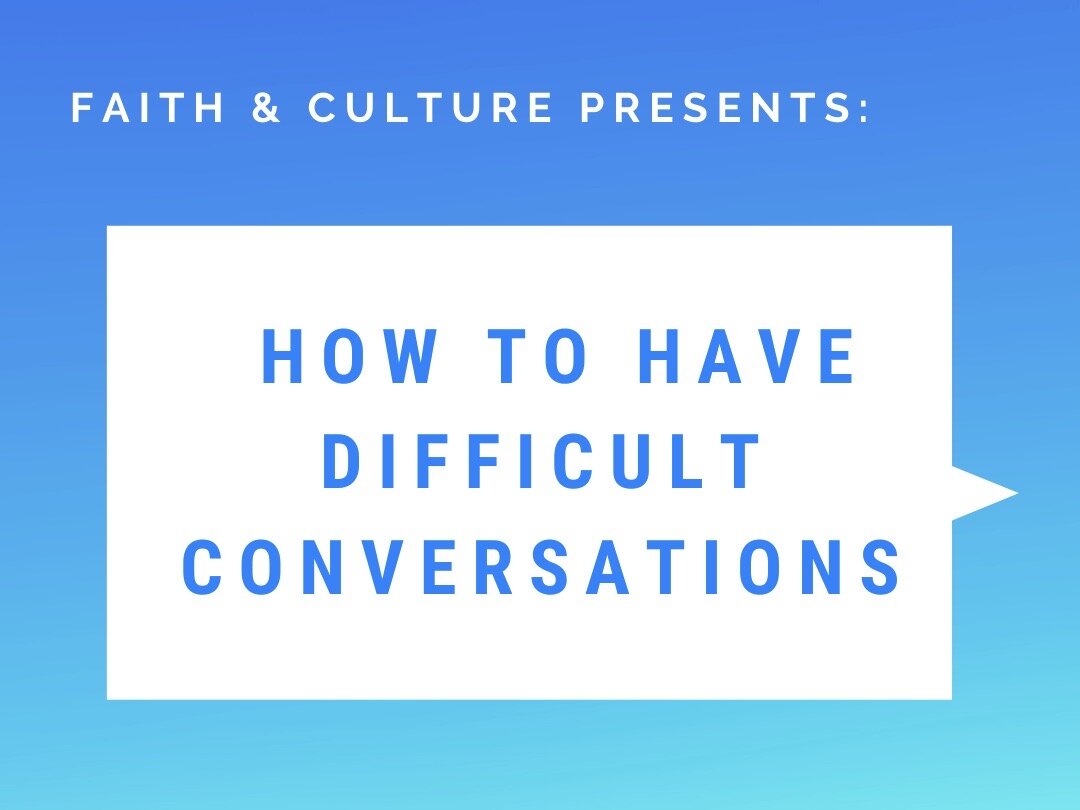Resources
Table tALKS | sACRED READING: HOW WE INTERPRET AND ENGAGE OUR RELIGIOUS TEXTS
Most religious traditions value a particular set of sacred texts that are normative for belief and practice. But what guides how individuals and communities interpret, make sense of, and apply these sacred writings? This Table Talk explores various approaches to engaging religious texts within Islam, Judaism, and Christianity and the importance of these for faith communities. It also names the missteps some take when approaching texts from a faith different from their own, and how we can instead engage these writings (and one another) generously and hospitably.
Table Talks | Islam in the west: A HIstory of Muslims in america
From the earliest days of the American colonies, Muslims have been part of the social fabric of America. However, this history is largely unknown to most Americans, and Islam is often portrayed as separate from and antithetical to the Western world. This Table Talk offers an overview of Muslims and their contributions to the US, from the 15th century to the 21st century.
Table Talks | MUSLIM STUDENTS AND AMERICAN SCHOOLS: aDDRESSING INEQUITIES TO CREATE INCLUSIVE LEARNING
Research indicates that classrooms lacking diverse representation can do more harm than good to any and all students. Diverse classroom materials and curricula not only give students lifelong tools for succeeding in a diverse world; they also help students feel a sense of belonging in educational settings where their teachers are much less racially and culturally diverse than they are. With a lack of diversity comes less understanding and empathy, and Muslim students in particular are prone to experience this. In fact, some say that Muslim youth face greater discrimination than their peers. Drawing on data from the American Psychiatric Association (APA) and the Institute for Social Policy and Understanding (ISPU), this Table Talk will examine the educational experiences of Muslim Americans and how to create more inclusive learning environments for all students.
Table Talks | Spiritual And Religious: Understanding the Spirituality of Islam, Judaism, and Christianity
Approximately 1 out of 5 Americans identify as “spiritual but not religious.” For many who practice Islam, Judaism, and Christianity, however, spirituality and religion are inherently linked. This Table Talk explores the deep spiritual roots and history of the three Abrahamic faiths and the import of their expressions today.
Table Talks | Living Your Own Truth and Respecting That of Others: How We Navigate Religious Pluralism
As religious diversity increases in America, so does the desire of many to better understand how to engage their neighbors whose faiths and perspectives differ from theirs. Can we move beyond a mere common denominator approach that boils down religions to what they agree upon, where instead differences can be held with respect and care? What does it look like to navigate these differences in ways that allow one to come in their own truth while honoring that of another? This Table Talk explores what real, robust friendships across lines of real, robust difference can look like.
Webinar: an introduction to systemic racism & how to talk about it
There is much to learn, and we all have to start somewhere. This webinar looks at the roots of systemic racism (including the connection between Islamophobia and anti-Black racism), its lasting legacy in obvious and hidden ways, and proven steps for moving forward together into a different future.
WEBINAR: hOW TO HAVE DIFFICULT CONVERSATIONS
We all know how difficult it can be to have discussions about issues that matter to us, especially with someone who sees things differently. This webinar is designed to equip you with the tools and insight needed to begin engaging these conversations in ways that lead to productive dialogue and deepened self-awareness.







